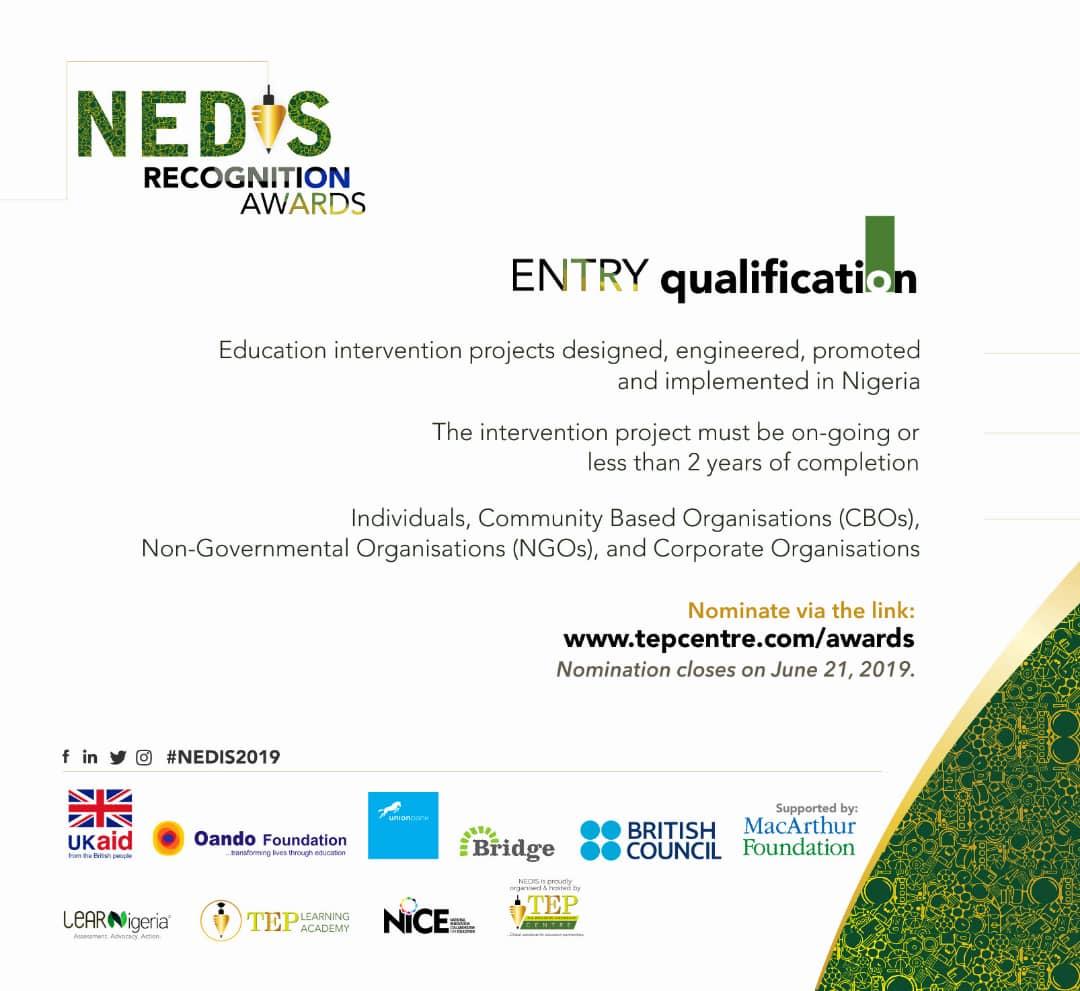This model argues for the benefit of diversity in problem solving.
pnas.org/content/pnas/1…
There are many ways to argue with the CEO, and Hong and Page pursue one.
Of course, in reality people aren't that good at choosing the best, so that gives an even stronger argument for diversity.
faculty.cord.edu/andersod/diver…
ams.org/journals/notic…
And a longer one by Singer:
journals.uchicago.edu/doi/pdfplus/10…
journals.uchicago.edu/doi/pdfplus/10…
It's a great discussion, which I really enjoyed.














